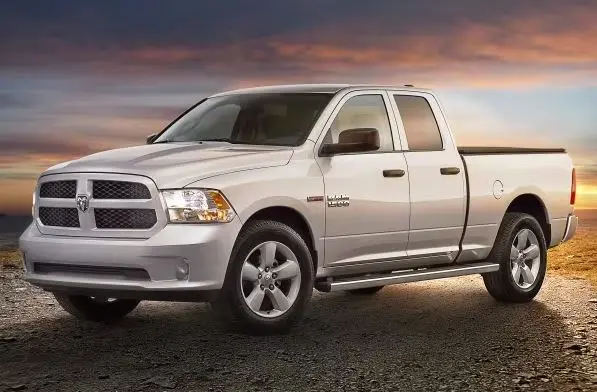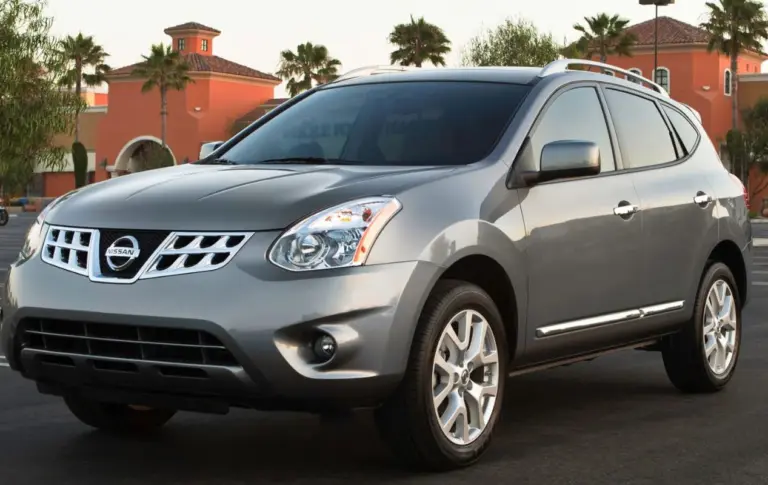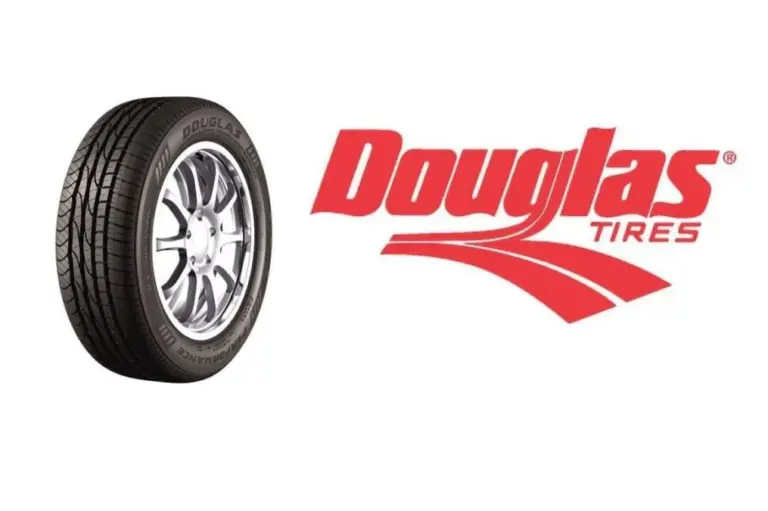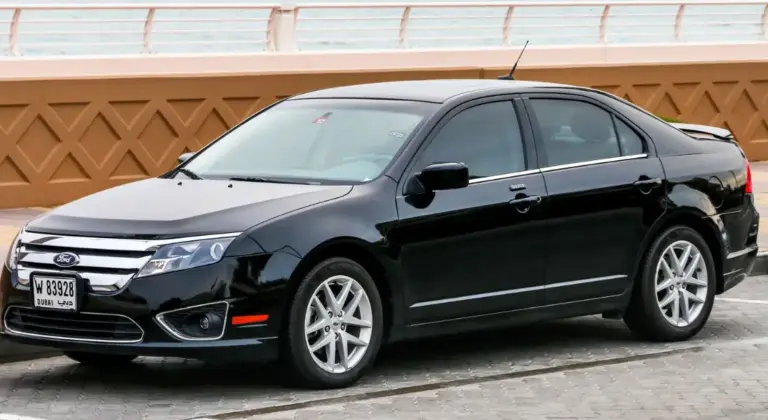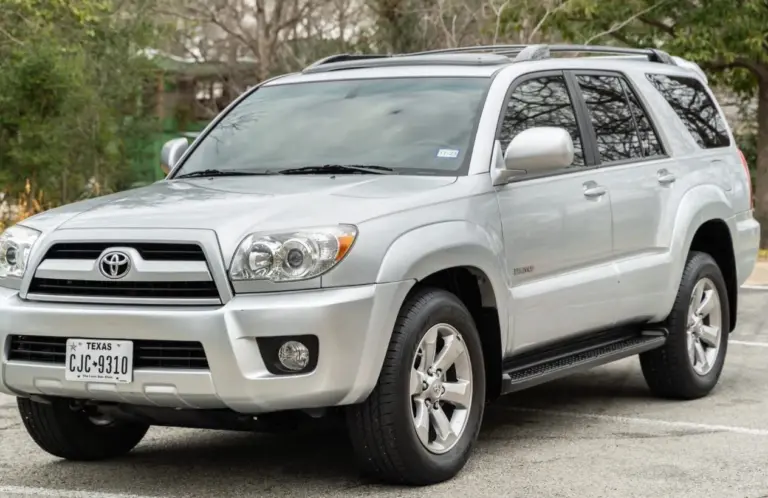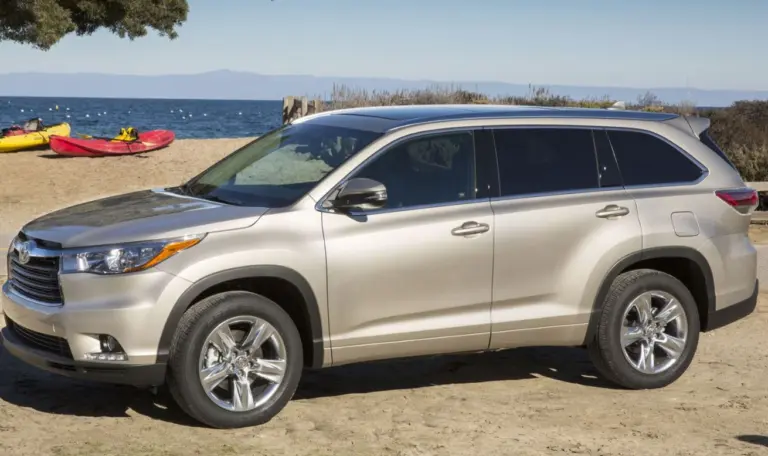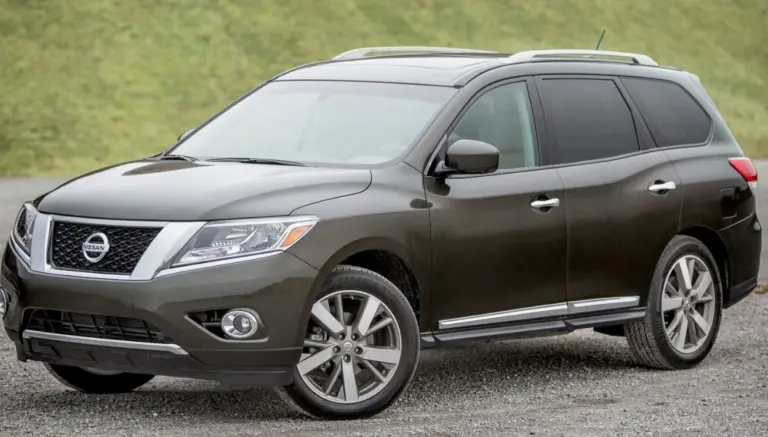Ram EcoDiesel Years to Avoid (Updated)
Are you considering purchasing a Ram EcoDiesel truck but unsure which model years to steer clear of? You’re not alone. The Ram EcoDiesel has gained popularity for its fuel efficiency and towing capacity, but some model years have been plagued with issues.
In this article, we’ll take a closer look at the Ram EcoDiesel years to avoid and the common problems associated with them.
Ram EcoDiesel Years to Avoid
Before we dive into the specifics, let’s take a quick look at the Ram EcoDiesel model years that have been known to have the most issues:
| Model Year | Common Issues |
|---|---|
| 2014 | EGR cooler failure, oil cooler problems, excessive oil consumption |
| 2015 | Transmission issues, EGR cooler failure, fuel system problems |
| 2016 | EGR cooler failure, turbocharger problems, emission system issues |
2014 Ram EcoDiesel
The 2014 model year marked the introduction of the EcoDiesel engine in the Ram 1500 lineup. As with many first-generation products, it came with its fair share of problems. Some of the most significant issues reported by owners include:
- EGR cooler failure
- Oil cooler problems
- Excessive oil consumption
- Turbocharger failures
These problems led to numerous recalls and warranty claims, making the 2014 Ram EcoDiesel one of the least reliable model years. Many owners reported engine failures and costly repairs, sometimes requiring complete engine replacements.
2015 Ram EcoDiesel
While Ram made some improvements for the 2015 model year, many issues persisted. The 2015 Ram EcoDiesel continued to face problems, including:
- Transmission issues
- EGR cooler failure
- Fuel system problems
- Electrical system malfunctions
Owners reported transmission slippage, rough shifting, and in some cases, complete transmission failure. The persistent EGR cooler issues also plagued this model year, leading to potential engine overheating and coolant leaks.
2016 Ram EcoDiesel
The 2016 model year saw some improvements, but it still had its share of problems. While not as problematic as the previous two years, the 2016 Ram EcoDiesel still faced issues such as:
- EGR cooler failure
- Turbocharger problems
- Emission system issues
- SCR catalyst system failure
While the frequency of problems decreased compared to earlier models, the 2016 Ram EcoDiesel still experienced EGR cooler failures and turbocharger issues. Additionally, some owners reported problems with the emission control systems, leading to decreased performance and potential warranty claims.
Common Problems Across these Model Years
While each model year had its unique set of issues, some problems were common across the 2014-2016 Ram EcoDiesel trucks. Let’s take a closer look at these recurring issues:
EGR Cooler Failure
The Exhaust Gas Recirculation (EGR) cooler was a significant point of concern for many Ram EcoDiesel owners. This component is responsible for cooling exhaust gases before they’re recirculated back into the engine. When the EGR cooler fails, it can lead to:
- Coolant leaks
- Engine overheating
- Potential engine fires
In 2019, Fiat Chrysler Automobiles (FCA) issued a recall for over 100,000 Ram 1500 EcoDiesel trucks due to this issue. The recall covered 2014-2019 model years, highlighting the persistence of this problem.
Oil Cooler Problems
Another common issue across these model years was oil cooler failure. The oil cooler is crucial for maintaining proper engine oil temperature. When it fails, it can lead to:
- Oil and coolant mixing
- Engine overheating
- Accelerated engine wear
Many owners reported needing to replace their oil coolers, which can be a costly repair if not covered under warranty.
Turbocharger Issues
Turbocharger problems were also reported across these model years. Common symptoms of turbocharger failure include:
- Loss of power
- Excessive exhaust smoke
- Unusual engine noises
Replacing a turbocharger can be expensive, making this a significant concern for potential buyers of used Ram EcoDiesel trucks.
Emission System Problems
The Ram EcoDiesel also faced its share of emission system issues. These problems often manifested as:
- Check engine lights
- Decreased fuel efficiency
- Failed emissions tests
In some cases, these issues led to legal troubles for FCA, including allegations of emissions cheating similar to the Volkswagen diesel scandal.
Frequently Asked Questions (F.A.Q)
Q1. Are all Ram EcoDiesel years problematic?
No, not all Ram EcoDiesel years are problematic. While the 2014-2016 model years faced significant issues, later models saw improvements. The 2020 and newer models, in particular, have shown better reliability.
Q2. How much does it cost to repair common EcoDiesel issues?
Repair costs can vary widely depending on the specific issue and your location. EGR cooler replacements can cost between $1,000 to $2,000, while turbocharger replacements can run upwards of $3,000. Engine replacements, in extreme cases, can cost over $10,000.
Q3. Did Ram issue any recalls for these problems?
Yes, Ram issued several recalls for EcoDiesel trucks. The most significant was a recall in 2019 for EGR cooler failures, covering over 100,000 vehicles. It’s essential to check if any open recalls apply to a specific vehicle before purchasing.
Q4. Are newer Ram EcoDiesel models more reliable?
Generally, yes. Ram made several improvements to the EcoDiesel engine over the years. The 2020 and newer models have shown better reliability, with fewer reported issues compared to earlier model years.
Q5. Should I avoid buying a used Ram EcoDiesel altogether?
Not necessarily. While the 2014-2016 model years had significant issues, properly maintained vehicles or those with documented repairs might still be good options. It’s crucial to have a thorough inspection done by a qualified mechanic before purchasing any used vehicle.
Wrapping Up
While the Ram EcoDiesel offers impressive fuel efficiency and towing capacity, potential buyers should be cautious when considering the 2014-2016 model years. These vehicles faced numerous issues, from EGR cooler failures to turbocharger problems. However, later model years saw improvements in reliability.

